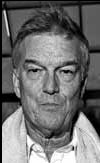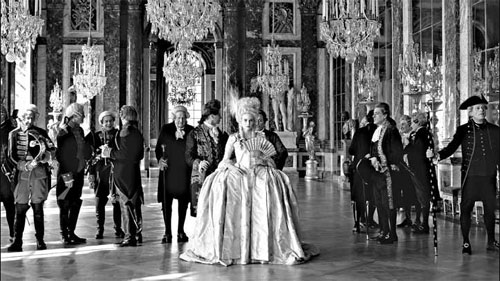A French director's lifelong obsession with the 'mystery of women'
Updated: 2012-07-15 07:53
By Kristin Hohenadel(The New York Times)
|
|||||||
|
Diane Kruger as Marie Antoinette in Benoit Jacquot's new film, "Farewell, My Queen," which is set in the final days before the outbreak of the French Revolution. Carole Bethuel / Cohen Media Group; far left, Valerie Macon / Getty Images |
"The things that I prefer in this world, my reasons for living, are books and women," the French director Benoit Jacquot said. "For me the cinema is the best way to unite them."
His new film, "Farewell, My Queen," is adapted from a prize-winning 2002 book by the French writer Chantal Thomas. (Mr. Jacquot wrote the screenplay with Gilles Taurand.) The movie, which opened this year's Berlin Film Festival, was released across Europe during spring and summer. Set in the final days before the French Revolution, it revolves around a romantic triangle of Marie Antoinette (Diane Kruger), her confidante Madame de Polignac (Virginie Ledoyen) and Sidonie Laborde (Lea Seydoux), a servant whose task it is to read to the queen.
Mr. Jacquot's love for literature has inspired projects including a screen adaptation of an unfinished book by Marivaux ("Marianne," from 1997, starring Ms. Ledoyen) and a movie about the Marquis de Sade ("Sade," with Daniel Auteuil in the lead role, in 2000).

He said he knew from the first page that he wanted to adapt Ms. Thomas's book into a film, intrigued by how it focuses on a single point of view, a strategy he has employed in other films that follow young women grappling with dramatic events in brief spans. The book's narrator was a middle-aged Sidonie looking back on the events of her youth; Mr. Jacquot has her dealing with them in the present.
"I think one of the things that attracted Benoit is that the story is told from an entirely feminine point of view," Ms. Thomas said by telephone from Paris. "I think that desire is what makes us create. It's part of our creative genius. In Benoit's case his way of seeing and his intelligence are inseparable from a certain eroticism."
Mr. Jacquot, 65, decided to become a filmmaker at 13, influenced by American movies and the French New Wave. He happily admits a fixation with girls on the brink of womanhood.
"It's a very filmable age where one passes from one state to another and the cinema represents that better than anything," he said. And he claims it's something of a job requirement to fall in love with his every ingenue. "I can't imagine filming an actress without having some kind of amorous link with her, it's impossible," he said. "Even if it's just one scene, there's something amorous about the act of filming a woman."
Ms. Seydoux, 26, said by telephone from Paris: "Benoit is a bit like a woman in his desire to be swept off his feet. He's pretty feminine himself, and he's attracted to women and obsessed with femininity, and I think the mystery of women is all-encompassing for him. The way he films an actress is his way of making love to her, it's very personal."
Mr. Jacquot said he hopes to keep chasing pretty girls down the street with his camera as long as he can get away with it. Despite his decades-long quest, he said he isn't sure he understands the opposite sex any better than he ever did.
"I don't know how to explain it," he said. "It's like the horizon: the closer you get, the farther away it seems."
The New York Times
(China Daily 07/15/2012 page12)
